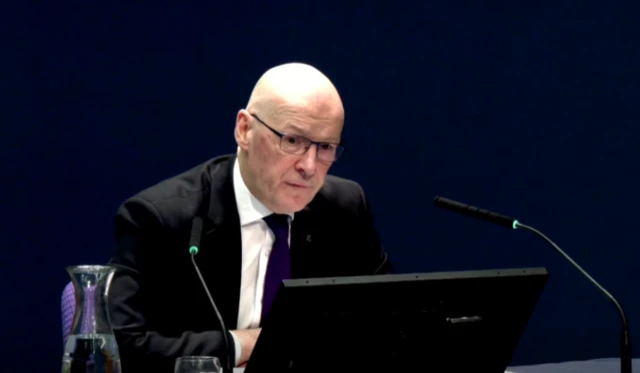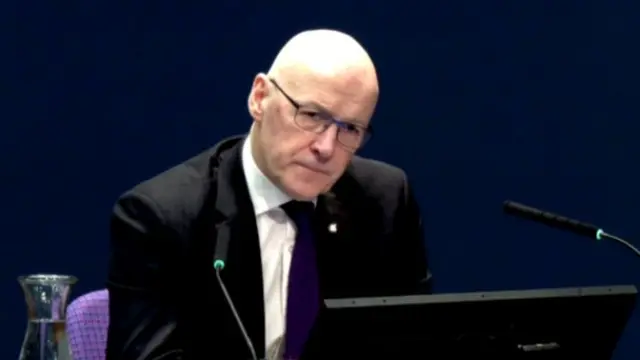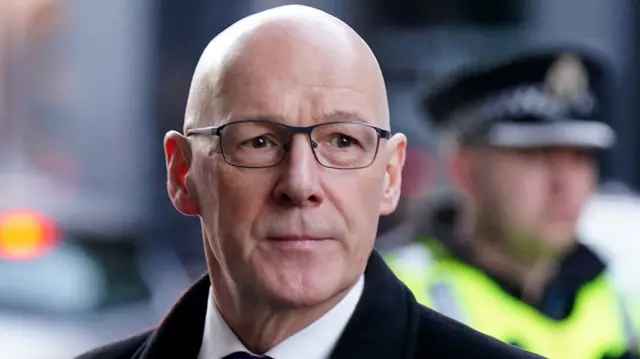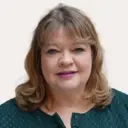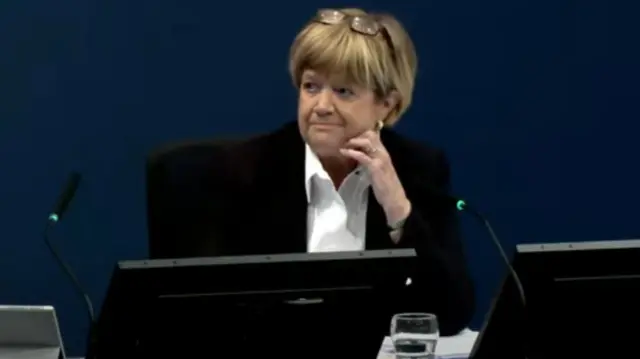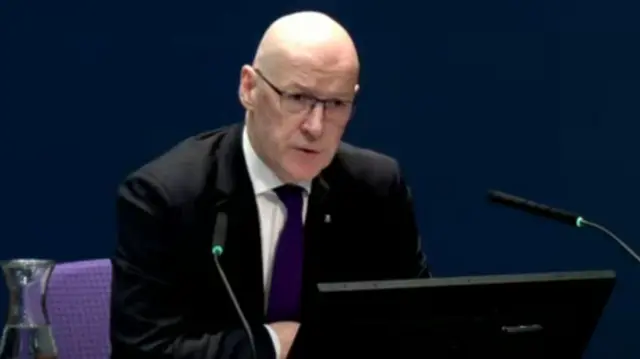Former minister denies Covid strategy 'statement of problem, not solution'published at 15:17 GMT 30 January 2024
Still on the four harms framework, inquiry lawyer Jamie Dawson asks John Swinney whether he agrees with some people's belief that the four harm strategy was "mostly a statement of the problem rather than a statement of the solution".
Swinney says he doesn't agree with this.
He says the four harms framework (outlined in our last post) allowed evidence to be gathered of the harms' impact on society, and to begin to consider how measures of relaxation could make a difference.
"It would provide us with a framework that enabled us to take a considered set of judgement based ... on where we would want to act first to try to reduce harm that was being felt by society," Swinney tells the inquiry.
